Indigenous Governance Database
economic independence
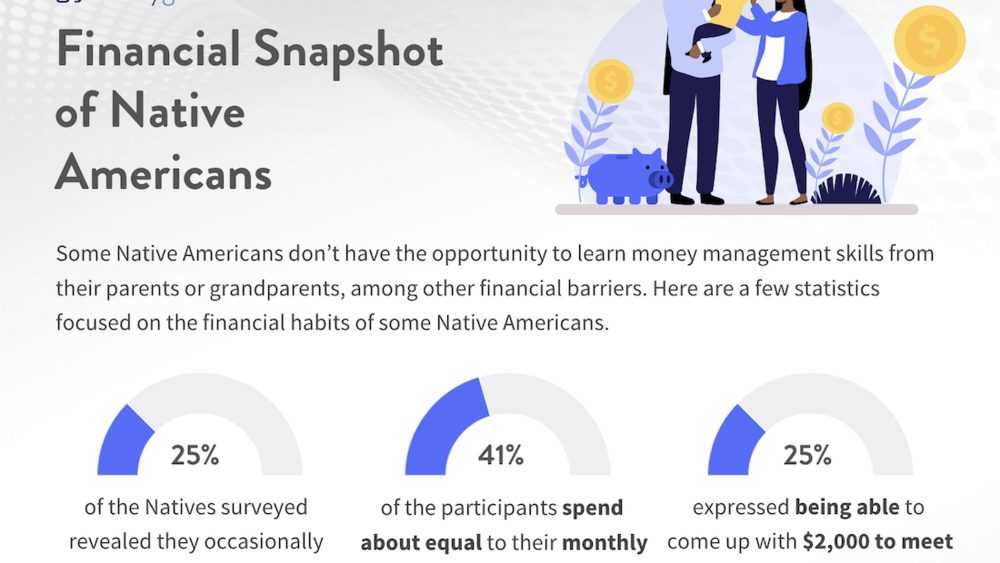
Strengthening Financial Avenues in Native American Communities
Historically, Native communities defined currencies by their food, relationships, nature and tools to sustain a living. Over time, Native and Indigenous populations gave way to the use of paper money. These new social standards pushed them to adopt different ways to sustain their living, often,…
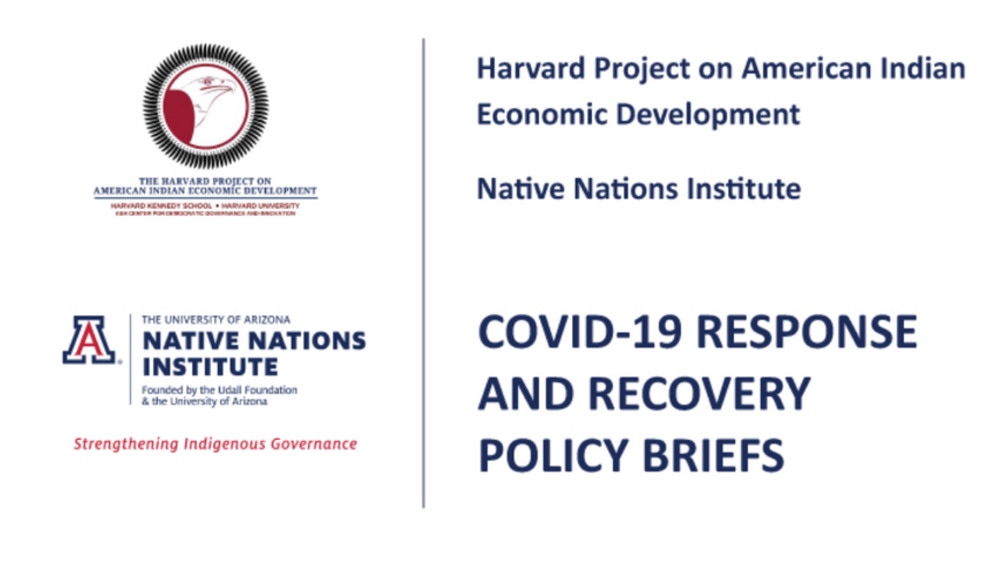
Policy Brief: Federal COVID‐19 Response Funding for Tribal Governments: Lessons from the CARES Act
The federal response to the COVID‐19 pandemic has played out in varied ways over the past several months. For Native nations, the CARES Act (i.e., the Coronavirus Aid, Relief, and Economic Security Act) has been the most prominent component of this response to date. Title V of the Act earmarked $8…
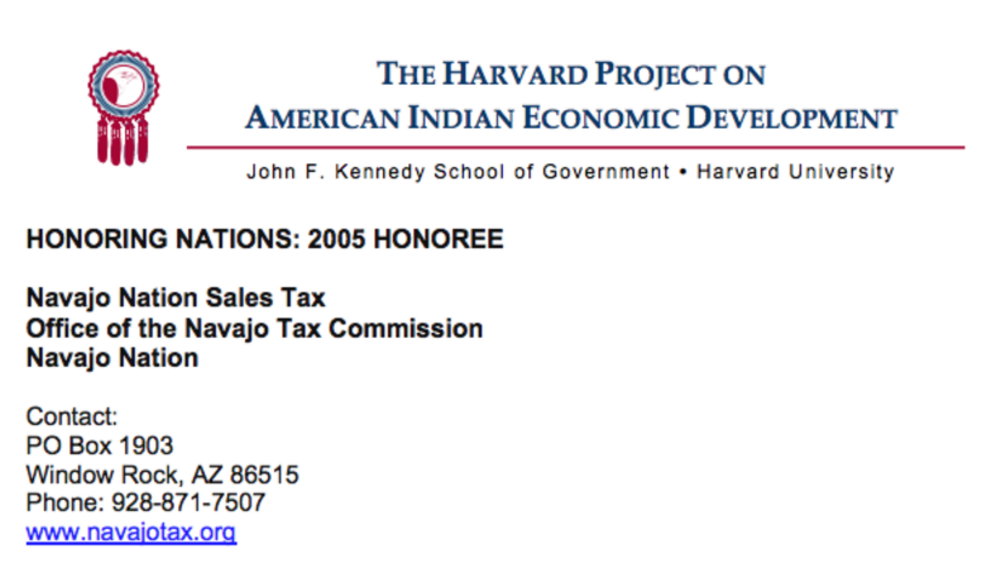
Navajo Nation Sales Tax
Challenges facing sovereign nations include how to support themselves financially, run their governments, and meet the needs of their peoples. In 1974, the Navajo Nation established a Navajo Tax Commission. Following a US Supreme Court decision affirming the Nation’s right to impose taxes, the…
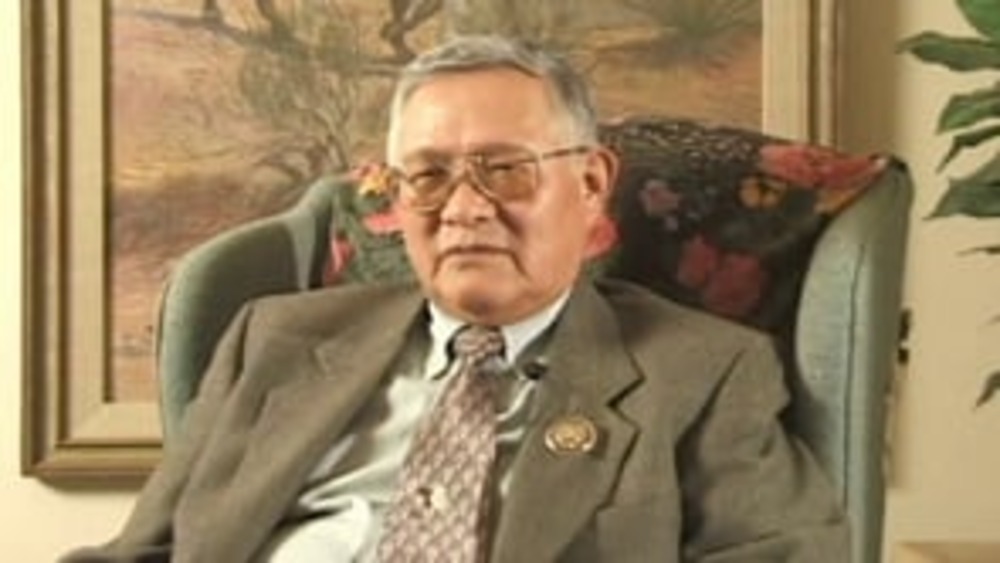
Great Tribal Leaders of Modern Times: Edward T. Begay
Produced by the Institute for Tribal Government at Portland State University in 2004, the landmark “Great Tribal Leaders of Modern Times” interview series presents the oral histories of contemporary leaders who have played instrumental roles in Native nations' struggles for sovereignty, self-…
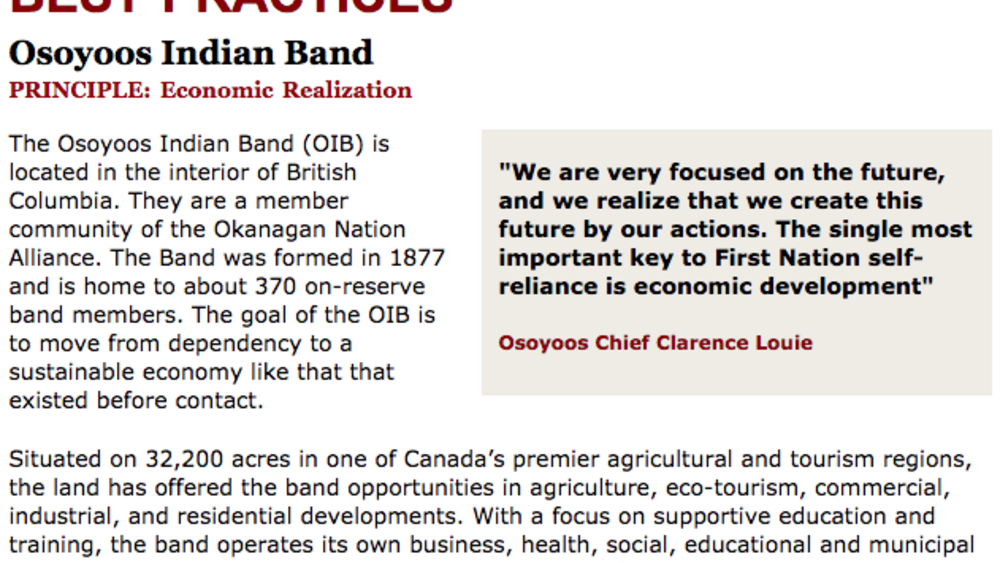
Best Practices Case Study (Economic Realization): Osoyoos Indian Band
The Osoyoos Indian Band (OIB) is located in the interior of British Columbia. They are a member community of the Okanagan Nation Alliance. The Band was formed in 1877 and is home to about 370 on-reserve band members. The goal of the OIB is to move from dependency to a sustainable economy like that…
